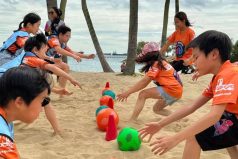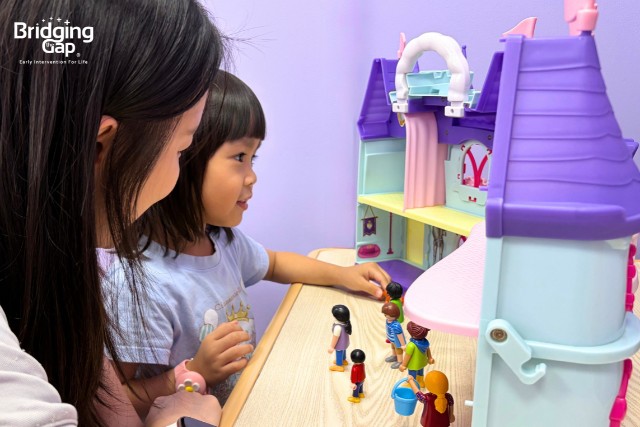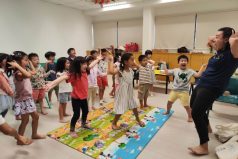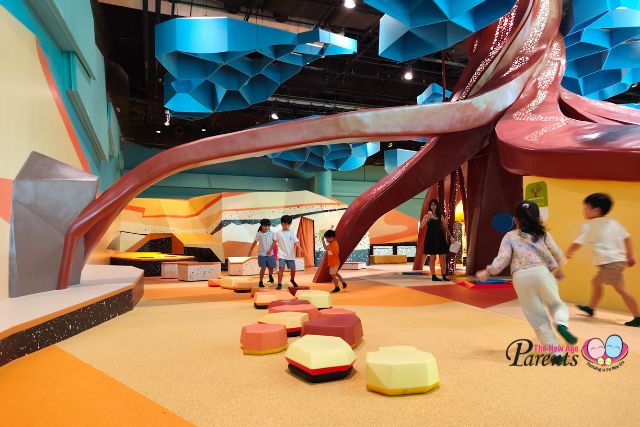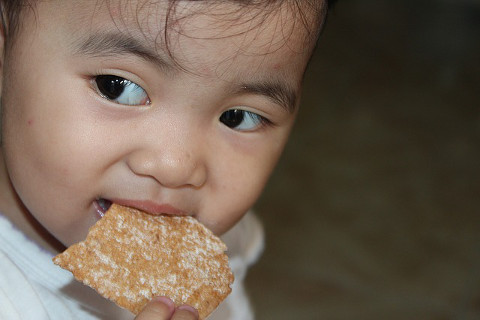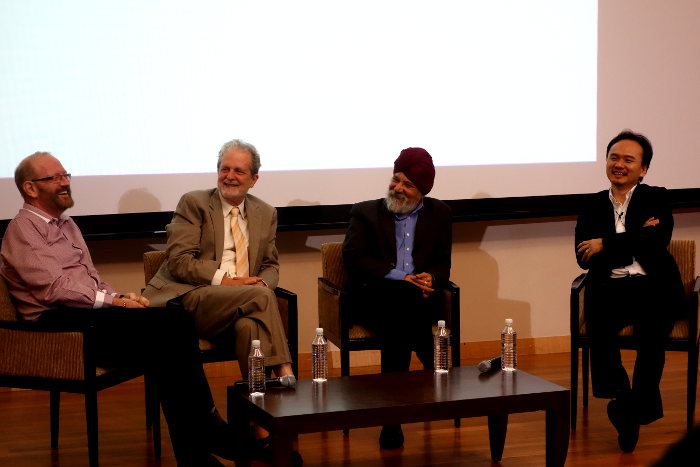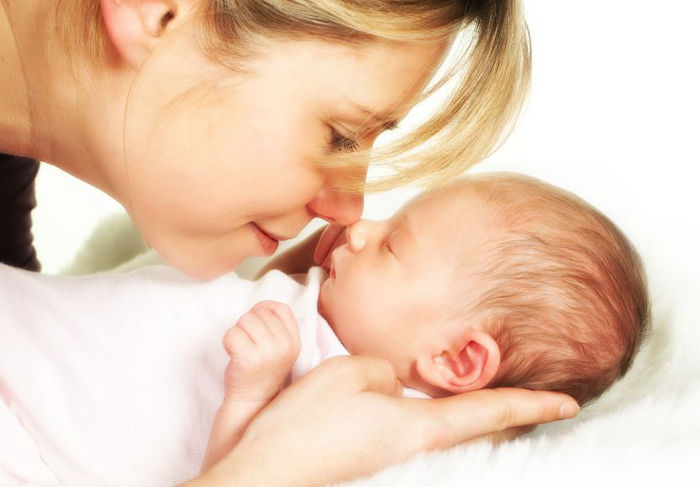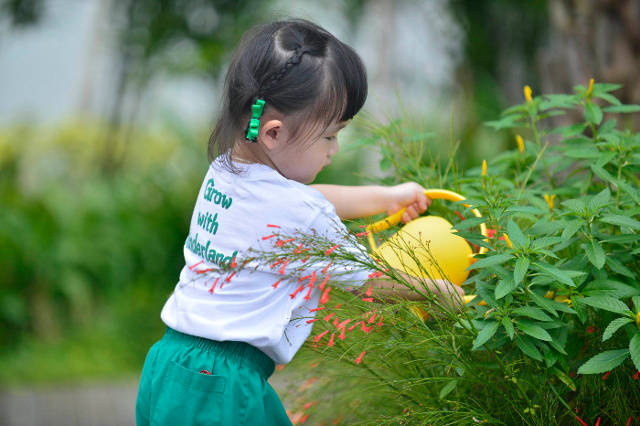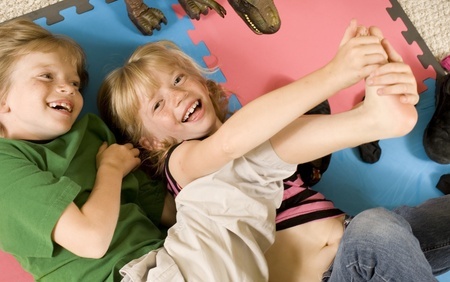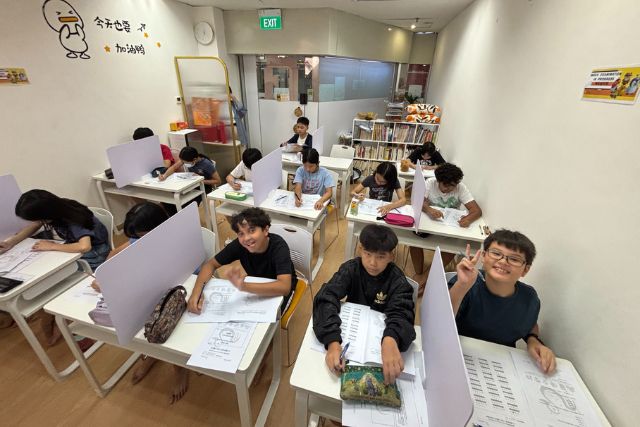The experiences our little ones receive in the first few years of their life is crucial to how their brain develops. Selene Diong, Principal Instructor at Sparkanauts tells us more.
A child’s brain grows explosively from birth to six years of age. With the brain maturation process almost completed by the time they reach the sixth year of life, it is their early experiences that will determine the strength and function of their brain’s wiring system.

The brain will only retain the connections and the pathways that a child frequently uses. The connections that a child does not frequently use will be pruned and discarded.
When a child is stressed, the brain (the limbic system) responds by shutting down other functions to deal with the stress. As a result of stress, effective learning cannot take place.
How can we set the stage for real learning to take place?
Stage 1: Be Present
Children are most at ease when they are with their parents. By being present and available as a parent especially during the first three years of life, your child will begin to develop a sense of security. This secure attachment would act as a fundamental base for your child to explore and learn about the world as they grow older.
Children learn the most when they are at play with their parents. What we noticed in our parent-accompanied classes is this; children with involved and loving parents are often the – fastest and happiest – learners.
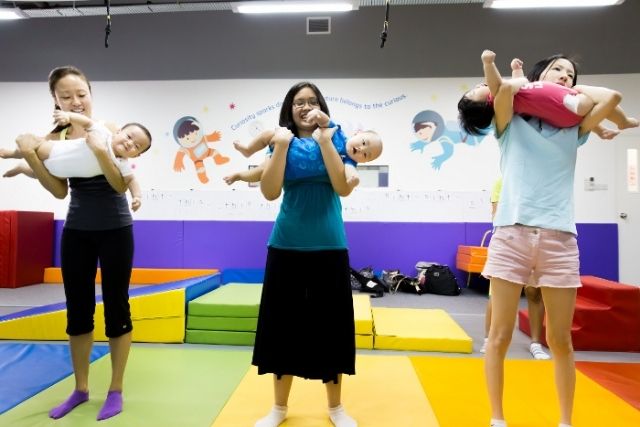
Stage 2: Meaningful Learning
Whether playing or learning, children have one goal in mind – they are trying to make sense of the world around them. Their love for learning fades away when they see no meaning behind the process. Do not underestimate or limit your child’s learning abilities. We have seen 3 year olds rattling off the names of dinosaurs, owls and talking about the symbiotic relationships between zebras and ostriches.
Your little ones appreciate it when you present the world to them in a factual manner and help them to make sense of it. Coupled with quality intellectual materials, they begin to make better sense of their environment. They become more aware of their surroundings and pay more attention to details. This desire for knowledge would be their motivation for wanting to learn to read as they begin their quest for knowledge
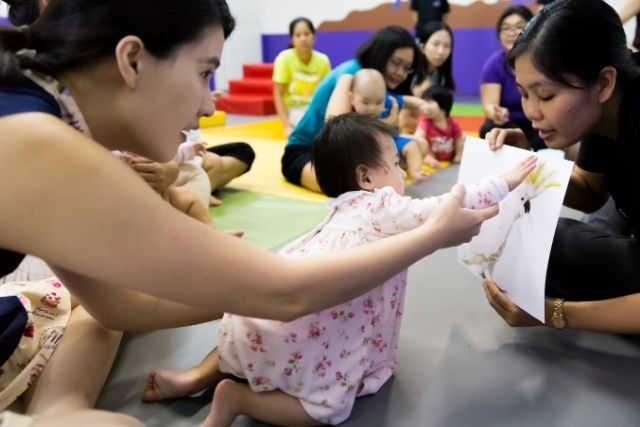
Stage 3: Let’s get moving
Movement is important for the learning process. Including movement in your child’s play activities is essential in setting the stage for future academic success. Encouraging them to swing on the trapeze or crawl through tunnels strengthens their fingers for writing. Getting your child to balance and navigate through a fun circuit while you play catching strengthens their vestibular system.
A strong vestibular system strengthens your child’s ability to pay attention and be still for longer periods of time in a formal school setting. Introducing basic gymnastics play or action songs strengthen children’s ability to coordinate their body and enhance their abilities to judge strength, speed and distances. These skills are prerequisites for your child to excel in subjects such as arithmetic and sciences.
The next time you come home and see your child playing, join in the fun! Rest assured that they are working their brains a lot more than doing a piece of the worksheet.
By Selene Diong, Sparkanauts.
This article was first published in The New Age Parents e-magazine.
* * * * *
Like what you see here? Get parenting tips and stories straight to your inbox! Join our mailing list here.
Want to be heard 👂 and seen 👀 by over 100,000 parents in Singapore? We can help! Leave your contact here and we’ll be in touch.












